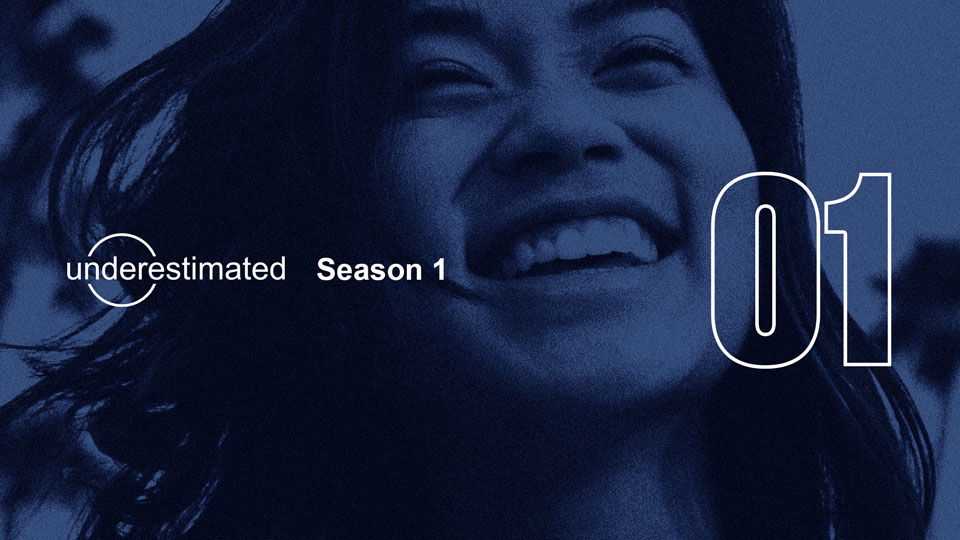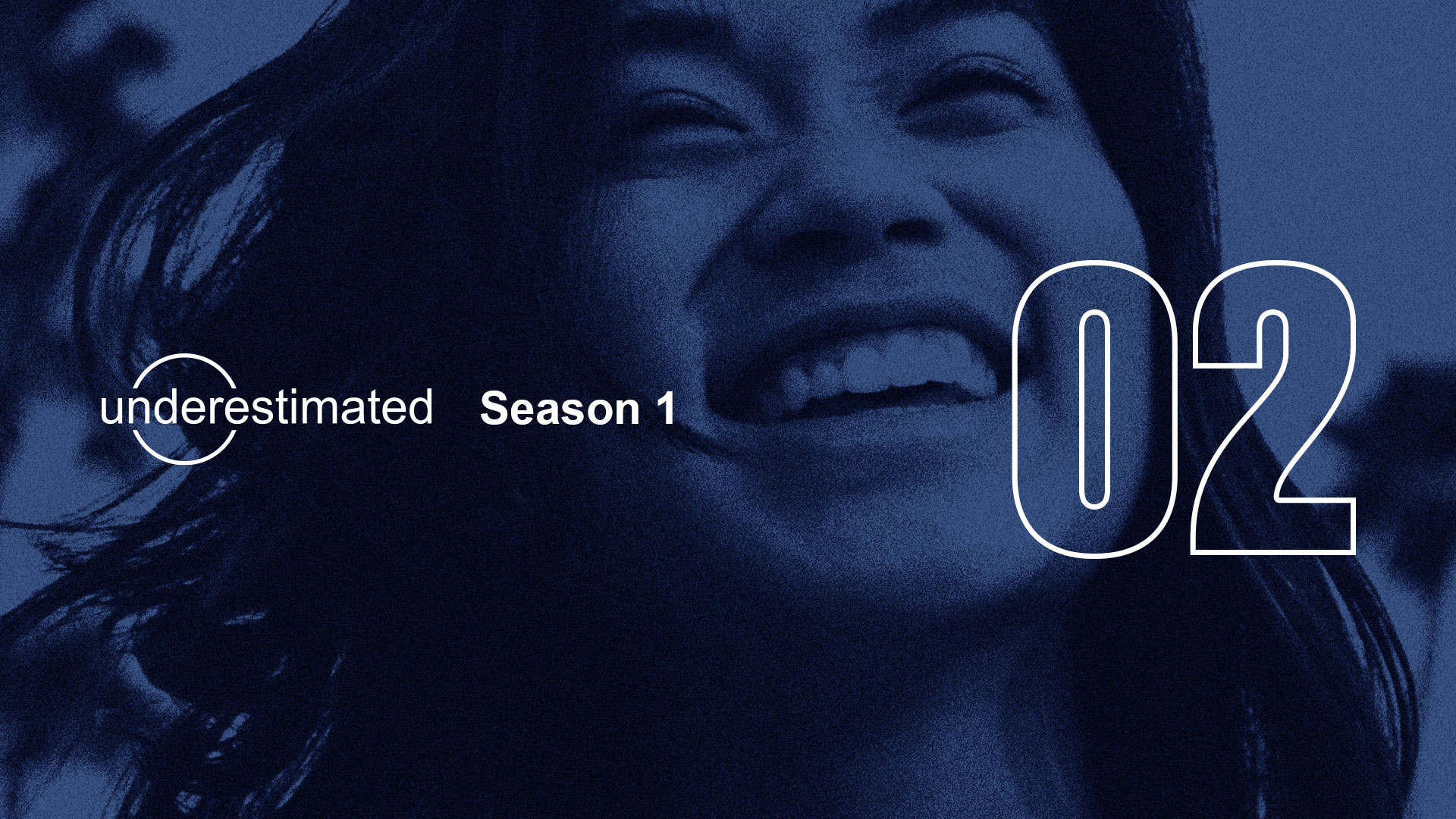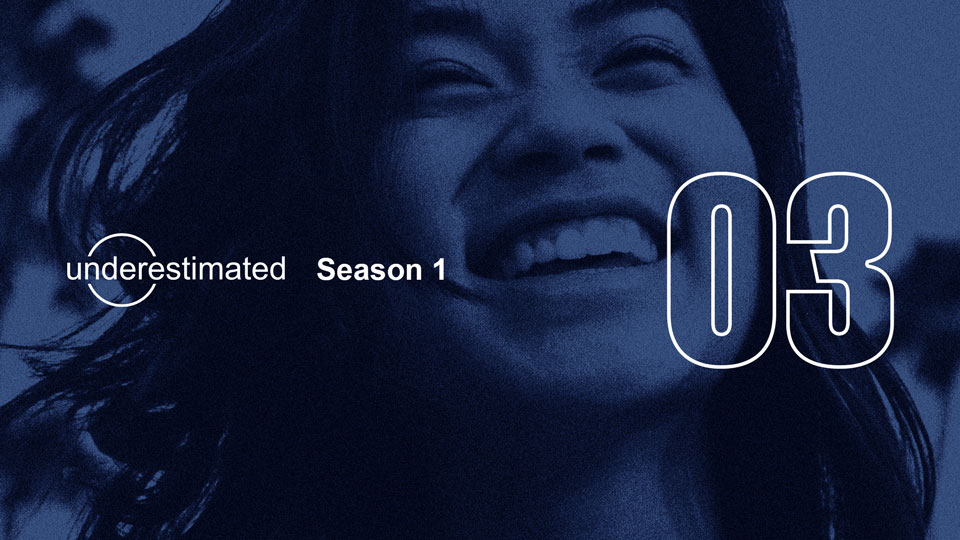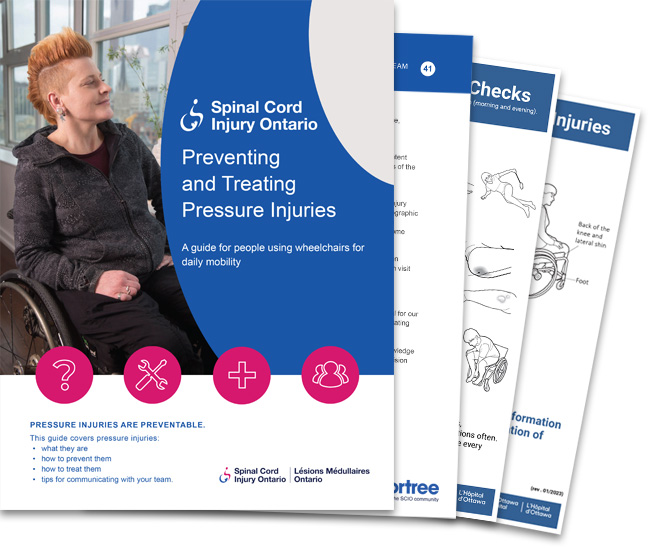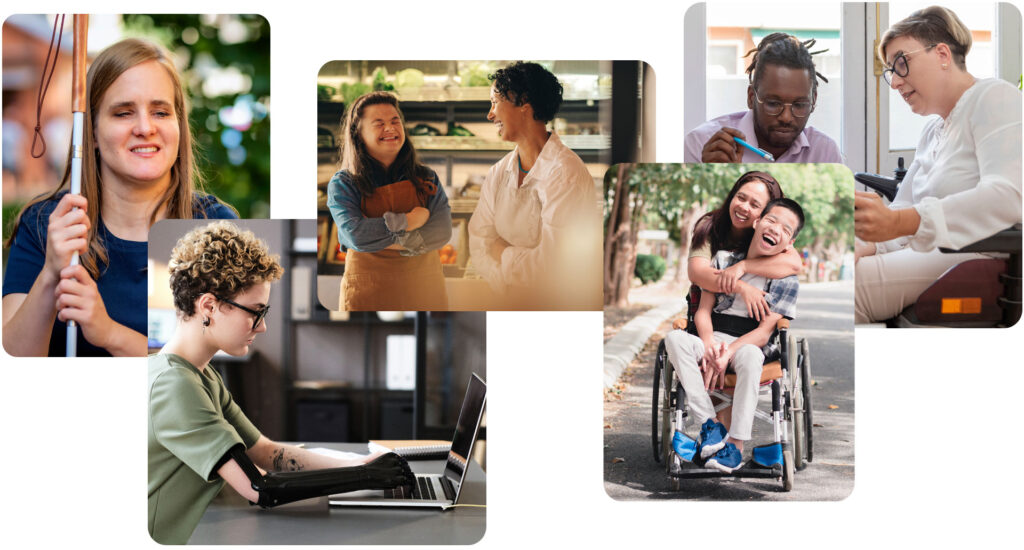Today, we chat with Dr. Mahadeo Sukhai from CNIB (Canadian National Institute for the Blind) about accessible training and education for people with vision loss. On this episode of Underestimated, Dr. Sukhai speaks with Tory about disability and work. Dr. Sukhai is the Chief Research Officer, Chief Accessibility Office and VP International Affairs at The Canadian National Institute for the Blind, also known as CNIB. He is also the co-founder of IDEA-STEM, an organization dedicated to accessibility in science training, education and research. IDEA-STEM stands for Inclusion, Diversity, Equity and Accessibility in Science, Technology, Engineering and Math.
Dr. Sukhai has dedicated his life to understanding the quality of life and lived experience of the blind, deaf-blind or partially sighted as well as people with sensory disabilities and perceptual or print disabilities. He talks about how disruptive technologies should have helped people with sensory disabilities, and the impact of attitudes on accessibility and barriers to learning. He also talks about his experience going to school and getting his genetics degree as someone who was congenially blind and growing up in the Caribbean. He also gives his best advice to hiring managers and HR professional who are trying to hire a more diverse and inclusive workforce.
Giving people with vision loss equitable access to STEM education is a win-win situation. Jobs of the future, regardless of industry, will reflect the ever-increasing importance of technology in our society and will necessitate at least a basic understanding of STEM courses and abilities. Furthermore, careers that require technological skills tend to pay more than other jobs. While it may take extra effort to help children with sight loss or a print disability learn STEM, it is important if we are to provide them with the same opportunities as their peers. Every day, new opportunities for boosting the engagement of people who have sight loss or print disability in STEM professions emerge. The sharing of knowledge among instructors, parents, and students will reduce the amount of effort that teachers, parents, and students are now putting in to find accessible ways to study STEM subjects.
This video provides information on:
- Dr. Mahadeo Sukhai and accessible training and education for the blind
- Canadian National Institute for the Blind, CNIB
- accessibility in Canada and Canadians with disabilities
- job accommodation for the blind and the blind community
- blind hiring, blind recruitment, blind staffing, and career counseling for blind
- disability and inclusion in the workplace
- employment services for the blind and visually impaired
- unbiased hiring process, what jobs can blind people do and working as a blind person
Technical topics, such as Science, Technology, Engineering, and Math (STEM), have frequently been cited as difficult for blind or partially sighted students. This project tries to highlight some of the specific problems and point to available tools to improve STEM subject accessibility. If you enjoyed this discussion with Dr. Mahadeo Sukhai from CNIB (Canadian National Institute for the Blind) about accessible training and education for the blind, please remember to like, share, subscribe and leave a comment if you have any questions, suggestions, or feedback. We hope to see you here again soon!
